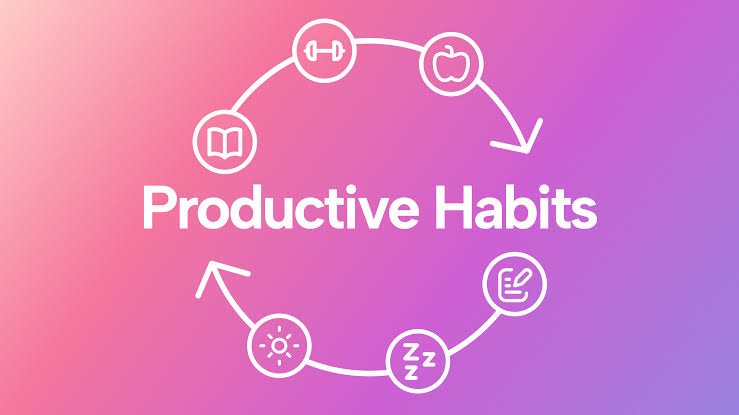Tips for getting the best night rest

Getting a good night’s rest isn’t always easy — especially when you're feeling down, anxious, or dealing with sudden mood swings. Restlessness at night can affect your mood, focus, and overall productivity the next day. But the good news is, with a few simple changes to your nighttime routine, you can train your body and mind to relax and enjoy deep, refreshing sleep.
Here are some practical tips that have worked for me personally, and I believe they can help you too:
---
1. Do Something Fun or Relaxing Before Bed
Ease into bedtime by doing something you enjoy — read a book, listen to calming music, journal your thoughts, or watch a light-hearted movie. Engaging in activities that relax your mind can help you unwind and create a positive association with bedtime, making it easier to fall asleep peacefully.
2. Make Sure to Sleep in a Comfortable Environment
Your sleeping environment plays a big role in the quality of your rest. Make your room cozy — dim the lights, reduce noise, and adjust the temperature to your comfort. Clean sheets, soft lighting, and a peaceful atmosphere can significantly improve how well you sleep.
3. Use a Good Pillow That Supports You
Don’t underestimate the power of a good pillow! The wrong pillow can strain your neck and back, leaving you sore in the morning. Choose a pillow that offers the right support for your sleeping position — whether you sleep on your back, side, or stomach — to help maintain proper alignment and comfort throughout the night.
4. Sleep in the Right Posture

Your sleeping posture affects both the quality of your sleep and how your body feels when you wake up. Try to sleep in a position that supports your spine’s natural curve. For many people, sleeping on the back with a pillow under the knees or on the side with a pillow between the legs works best. Avoid awkward angles that cause discomfort or stiffness.
---
Good sleep isn't a luxury — it's a necessity. Taking intentional steps toward better sleep hygiene can dramatically improve your mood, focus, and overall well-being. Start with small changes, listen to your body, and build a night routine that truly works for you.




